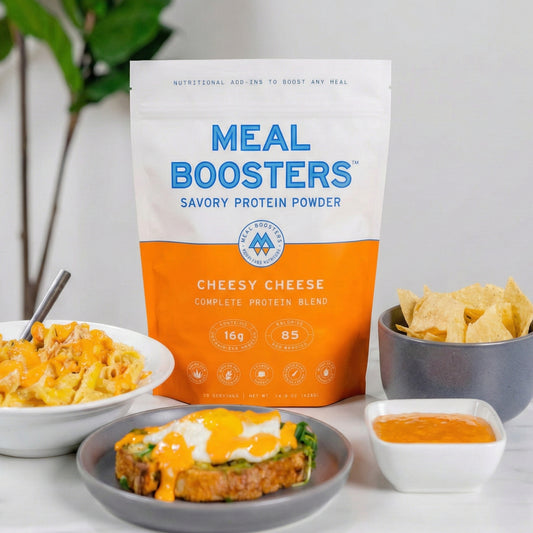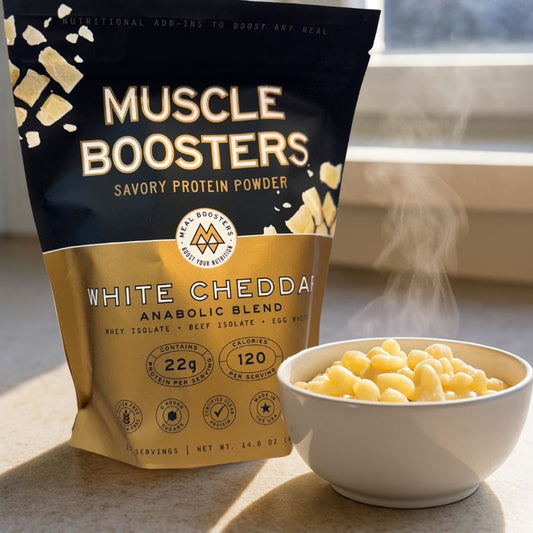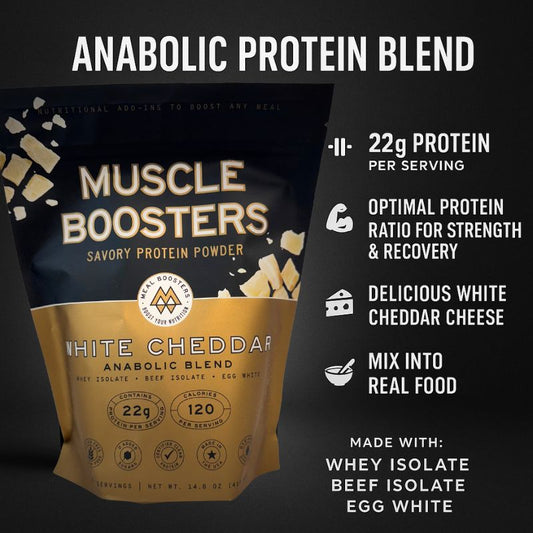Why Modern Diets are Failing You: The Hidden Nutrient Deficiencies No One Talks About

Modern diets are often packed with convenience, flavor, and calorie-dense foods—but when it comes to nutrients, they frequently fall short. Among the most overlooked deficiencies is collagen, a vital protein that plays a crucial role in maintaining skin elasticity, joint health, muscle repair, and gut integrity. The unfortunate truth is that societal diet norms have left many of us collagen-deficient without even realizing it.
Let’s explore why modern diets are failing us, the critical role collagen plays in overall health, and practical strategies for boosting your intake naturally.
How Modern Diets Lead to Collagen Deficiency
The rise of highly processed foods and the decline of traditional cooking methods have contributed significantly to collagen deficiency. Historically, diets included collagen-rich foods like bone broth, slow-cooked meats, and organ meats. However, today’s fast-paced lifestyle prioritizes convenience, leading to meals that are often devoid of these essential nutrients.
-
Processed Foods Dominate: Ultra-processed foods now account for more than half of the average diet in many countries, according to a study published in The BMJ. These foods lack the amino acids necessary for collagen synthesis, particularly glycine, proline, and hydroxyproline.
-
Fear of Fat and Bone-In Cuts: Decades of dietary misinformation promoted lean meats over fatty, collagen-rich cuts like short ribs or chicken thighs with skin. As a result, collagen intake has plummeted.
-
Supplements Over Whole Foods: While protein shakes and bars are more popular than ever, most contain whey, soy, or pea protein—none of which support connective tissue health the way collagen does.
Why Collagen Matters for Optimal Health
Collagen isn’t just about youthful skin—it’s essential for many critical body functions.
-
Skin and Aging: Collagen is responsible for skin elasticity and hydration. A study published in Skin Pharmacology and Physiology found that daily collagen supplementation significantly improved skin texture, elasticity, and hydration within 8 weeks.
-
Joint and Bone Health: Collagen provides structure to joints, cartilage, and bones. A 2017 study in Amino Acids revealed that collagen peptide supplementation helped reduce joint pain in athletes and older adults.
-
Gut Integrity: The gut lining relies on collagen’s amino acids for repair and maintenance. Glycine, in particular, supports intestinal barrier function and reduces inflammation.
Practical Solutions to Boost Collagen Intake
The good news? You can reverse collagen deficiency with simple dietary changes.
-
Incorporate Collagen-Rich Foods:
-
Bone broth, chicken skin, and slow-cooked meats like brisket or short ribs are naturally high in collagen.
-
Eggs, particularly the membrane surrounding the yolk, also contain collagen-boosting amino acids.
-
-
Use Savory Collagen Protein Powder:
-
Meal Boosters' savory collagen powders make it easy to add collagen to everyday meals without the sweet, chalky taste of traditional protein powders.
-
Stir into soups, stews, sauces, or even scrambled eggs to seamlessly increase your intake.
-
-
Prioritize Vitamin C Intake:
-
Collagen synthesis requires vitamin C, so add foods like citrus fruits, bell peppers, and broccoli to your meals.
-
-
Rethink Your Protein Choices:
-
Swap highly processed protein shakes for whole-food-based collagen powders. Collagen isn’t just for skin—it’s a foundational protein for full-body health.
-
One-Week Collagen Meal Plan
Need some inspiration? Here’s a sample meal plan to kickstart your collagen intake.
Day 1:
-
Breakfast: Scrambled eggs with spinach and unflavored collagen
-
Lunch: Chicken and vegetable soup with Classic Buffalo collagen
-
Dinner: Salmon with roasted veggies and Cheesy Cheese collagen mashed potatoes
Day 2:
-
Breakfast: Collagen-infused avocado toast
-
Lunch: Collagen-enhanced taco bowl
-
Dinner: Stir-fry with shrimp, veggies, and collagen powder
Day 3:
-
Breakfast: Protein pancakes with collagen
-
Lunch: Quinoa salad with collagen dressing
-
Dinner: Beef and broccoli stir-fry with collagen-infused sauce
Day 4:
-
Breakfast: Oatmeal with berries and collagen
-
Lunch: Lentil soup with collagen
-
Dinner: Chicken thighs with mashed potatoes and collagen
Day 5:
-
Breakfast: Smoothie bowl with collagen
-
Lunch: Buffalo chicken wraps with Classic Buffalo collagen
-
Dinner: High-protein pasta with Cheesy Cheese collagen sauce
Day 6:
-
Breakfast: Greek yogurt with collagen and chia seeds
-
Lunch: Mediterranean salad with collagen dressing
-
Dinner: Baked cod with roasted vegetables and collagen
Day 7:
-
Breakfast: Scrambled eggs with collagen
-
Lunch: Turkey and avocado wrap with collagen
-
Dinner: Collagen-enhanced chili
Don’t Let Modern Diets Fail You
Our modern eating habits might be convenient, but they’ve left us nutritionally vulnerable—especially when it comes to collagen. By adding collagen-rich foods and supplementing with high-quality, savory collagen powders like Meal Boosters, you can restore balance, support your body’s natural repair processes, and age with strength and resilience.
Take control of your health by embracing the nutrients your body was built to thrive on. Collagen isn’t a trendy supplement; it’s an essential component of long-term wellness.




